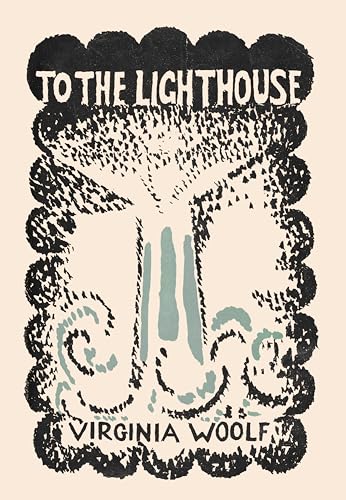"Virginia Woolf's extraordinary last novel, Between the Acts, was published in July 1941. In the weeks before she died in March that year, Woolf wrote that she planned to continue revising the book and that it was not ready for publication. Her husband prepared the work for publication after her death, and his revisions have become part of the text now widely read by students and scholars. Unlike most previous editions, the Cambridge edition returns to the final version of the novel as Woolf left it, examining the stages of composition and publication. Using the final typescript as a guide, this edition fully collates all variants and thus accounts for all the editorial decisions made by Leonard Woolf for the first published edition. With detailed explanatory notes, a chronology and an informative critical introduction, this volume will allow scholars to develop a fuller understanding of Woolf's last work"--
Virginia Woolf
Virginia Woolf was a prominent English writer and modernist literary figure. Known for her stream-of-consciousness writing style, she challenged traditional narrative structures and explored themes of gender, class, and mental health in her works. Some of her most notable works include "Mrs. Dalloway," "To the Lighthouse," and "Orlando." Woolf's contributions to literature include her innovative approach to character development and narrative technique, as well as her exploration of the inner lives of her characters. Her most famous work, "Mrs. Dalloway," is considered a masterpiece of modernist literature and a reflection of Woolf's unique literary voice. Woolf's impact on the literary genre is undeniable, as she paved the way for future generations of writers to experiment with form and style in their own works.




